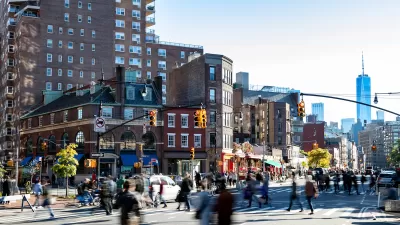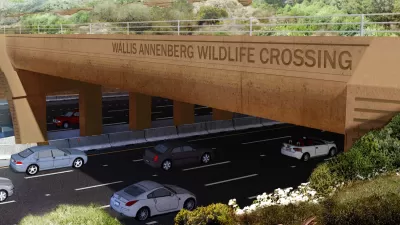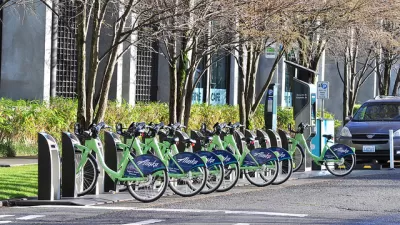In a recent piece, Kristine Johnston reviews Washington D.C.'s Capital Bikeshare program and its accessibility for low-income, non-white populations.
As featured earlier this week in the Georgetown Public Policy Review, Kristine Johnston responds to a Washington Post article highlighting the outreach Capital Bikeshare and some of its persistent barriers to reaching all of the District's population. According to Johnston, these challenges, "include language barriers, lack of money or credit among low-income residents, and limited interest in some neighborhoods." However, Johnston believes there are larger, more systemic issues as stake preventing some of the District's populations from joining Capital Bikeshare.
Mapping out bikeshare docking stations and neighborhood average yearly income, Johnston notes high densities of stations in wealthy downtown neighborhoods, with few and far between stations in those that are historically low-income. Looking further into the statistics, Johnston found that, "8 percent of Capital Bikeshare members have a household income below $35,000, while 45 percent live in households that earn more than $100,000. This compares to about 30 percent of the population in the District whose household annual income is less than $35,000, according to the 2012 American Community Survey... Only 3.5 percent of Capital Bikeshare members are African American, a group that comprises 25.8 percent of the population in the greater Washington, DC area."
In her piece, Johnston points to other research to show that, "among some low-income and minority groups there is a demand for bicycling as a mode of increased access and mobility, but there are major systemic barriers beyond affordability and access to stations that are preventing bicycling from becoming a main form of transportation in those areas."
FULL STORY: Capital Bikeshare in Low-Income Areas: The Question No One is Asking

Pennsylvania Mall Conversion Bill Passes House
If passed, the bill would promote the adaptive reuse of defunct commercial buildings.

Planning for Accessibility: Proximity is More Important than Mobility
Accessibility-based planning minimizes the distance that people must travel to reach desired services and activities. Measured this way, increased density can provide more total benefits than increased speeds.

World's Largest Wildlife Overpass In the Works in Los Angeles County
Caltrans will soon close half of the 101 Freeway in order to continue construction of the Wallis Annenberg Wildlife Crossing near Agoura Hills in Los Angeles County.

Alaska Village Becomes Test Case for Climate Change Relocation
The Yup’ik village of Newtok is the first Alaska community to begin a full-scale relocation necessitated by the impacts of climate change. Another 31 Alaska communities remain vulnerable.

Amtrak Takes Lead on Texas Central Rail
The high-speed rail project isn’t a done deal, but if it moves forward, trains could begin operating in 2030.

Maine Approves Rent Relief Program
Legislators hope the assistance program will help struggling low-income households avoid eviction.
City of Costa Mesa
Licking County
Barrett Planning Group LLC
HUD's Office of Policy Development and Research
Mpact Transit + Community
HUD's Office of Policy Development and Research
Tufts University, Department of Urban and Environmental Policy & Planning
City of Universal City TX
ULI Northwest Arkansas
Urban Design for Planners 1: Software Tools
This six-course series explores essential urban design concepts using open source software and equips planners with the tools they need to participate fully in the urban design process.
Planning for Universal Design
Learn the tools for implementing Universal Design in planning regulations.


























